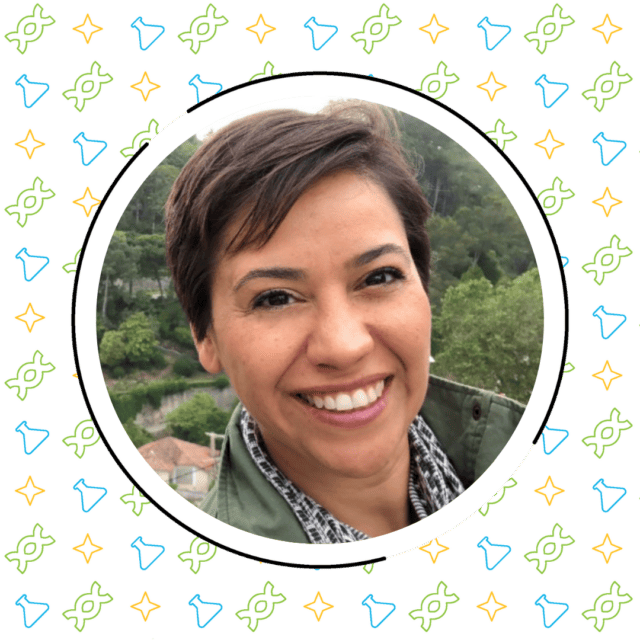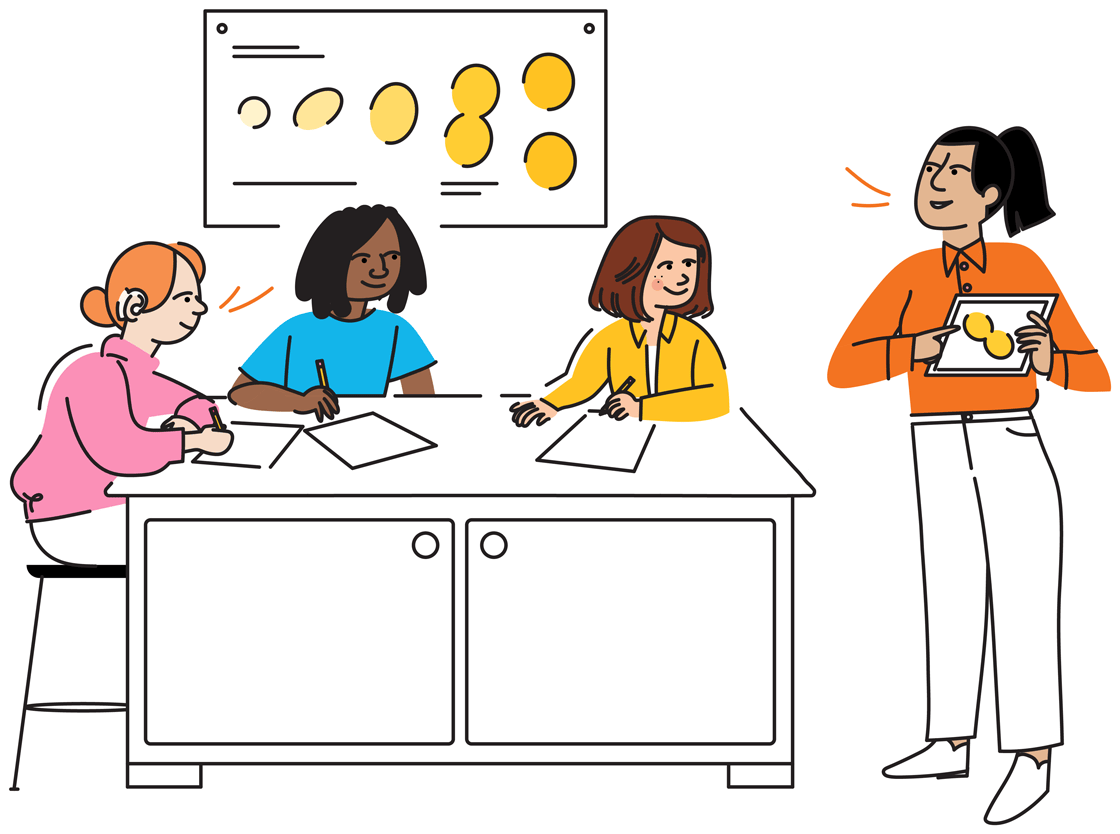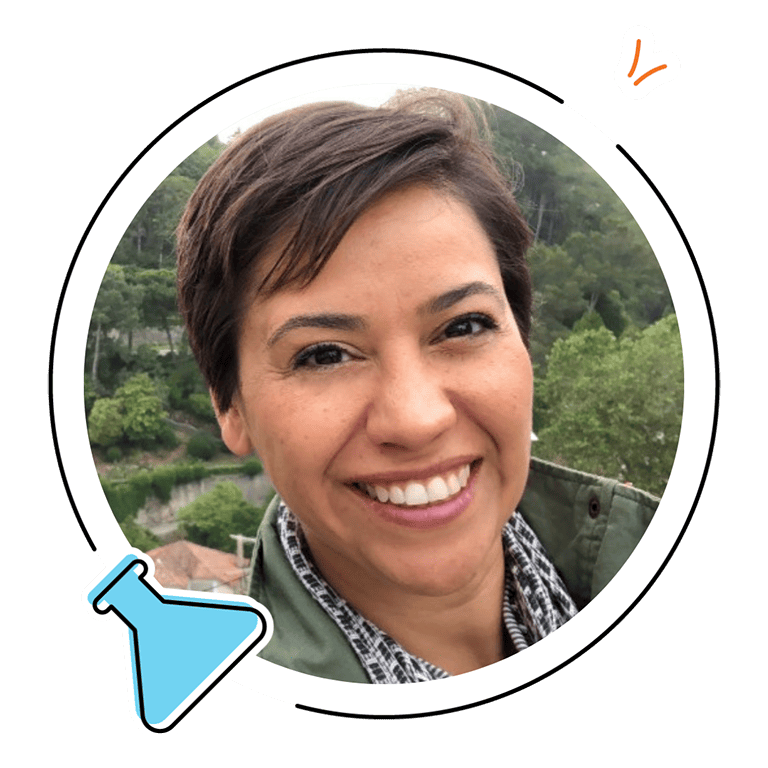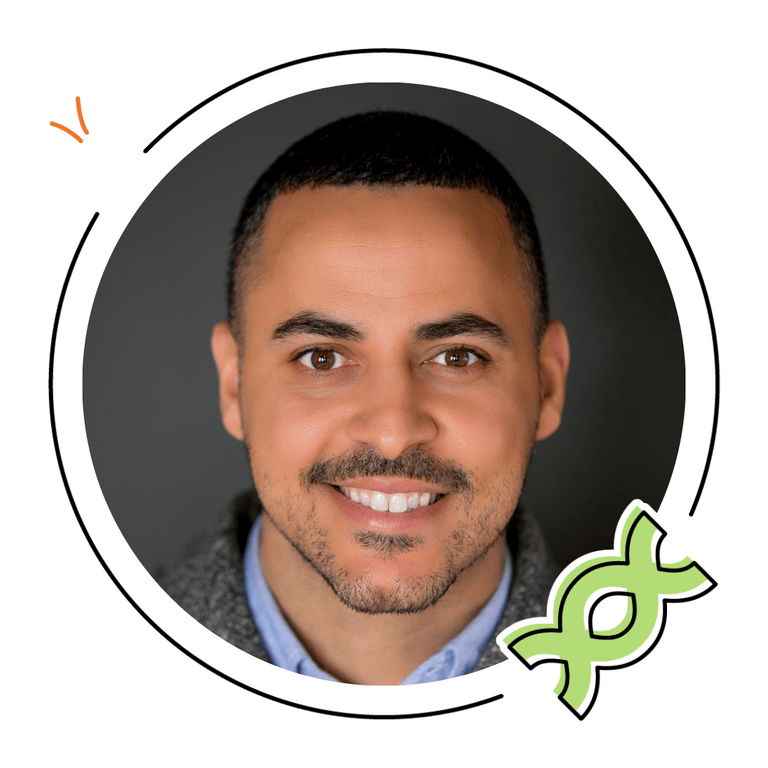
Season 3, Episode 2
How science strengthens literacy and language development
In our second episode of the season, we continue finding ways in which science is overlooked and how it can be better utilized in schools—and as an ally to other subjects!
We sat down with Susan Gomez Zwiep, former middle school science teacher and senior science educator and staff advocate at BSCS Science Learning. She shared past experiences and research that shows the benefits of integrating science and literacy, as well as strategies for applying these ideas in the classroom.
Meet our guest(s):



